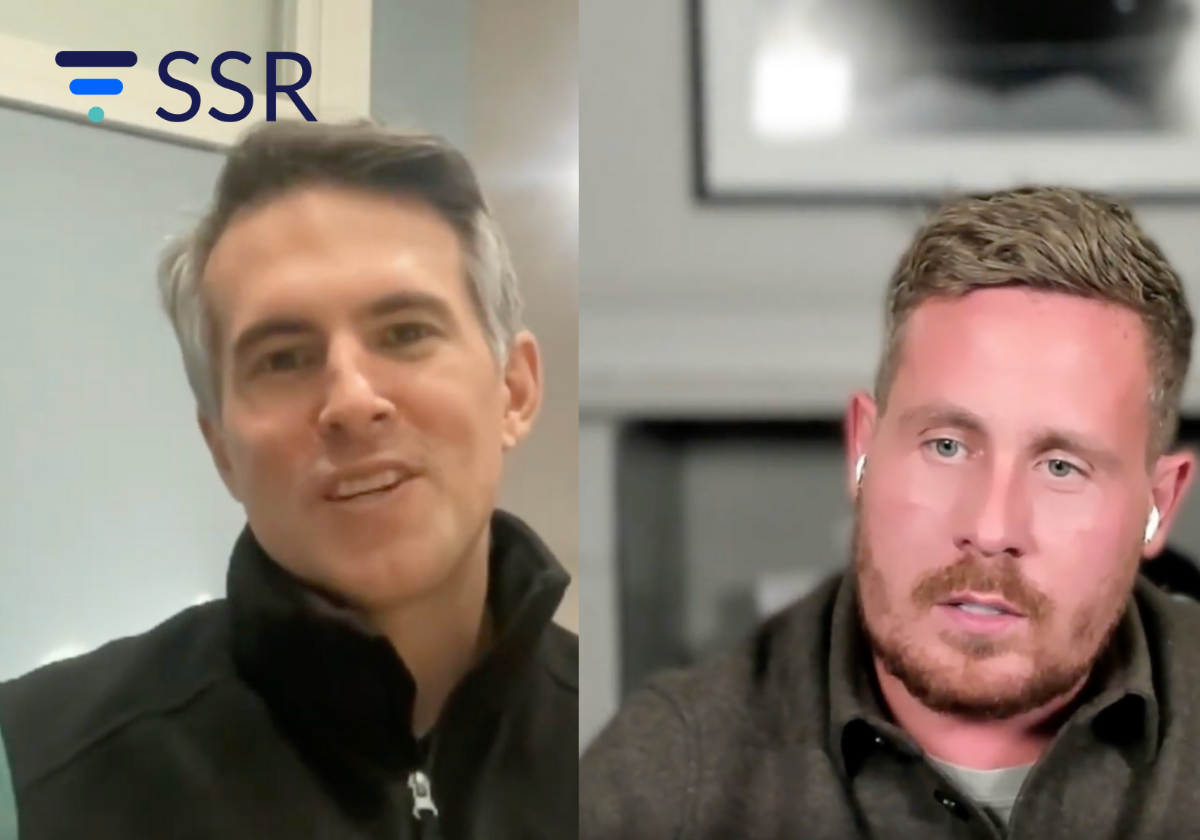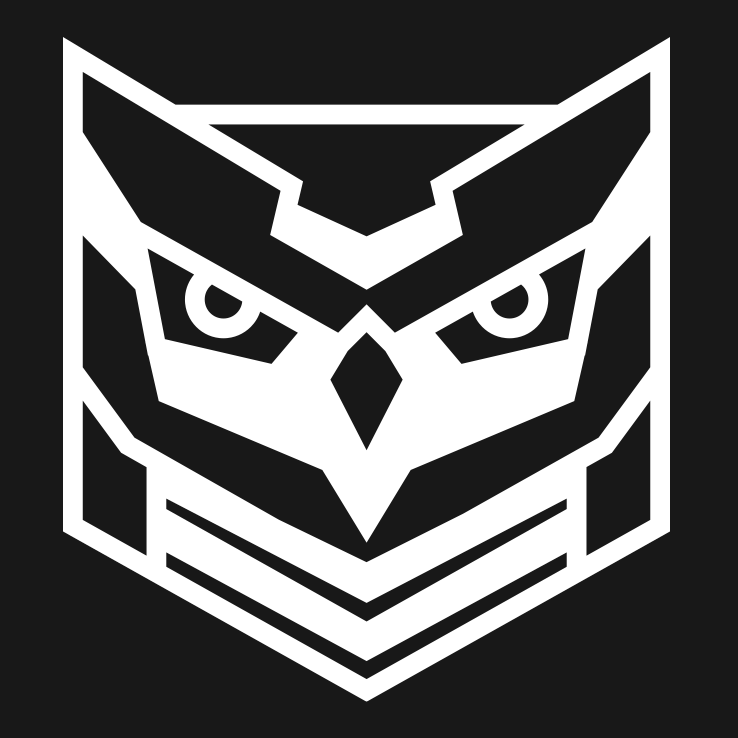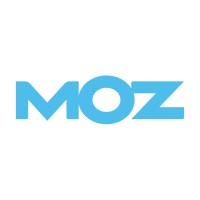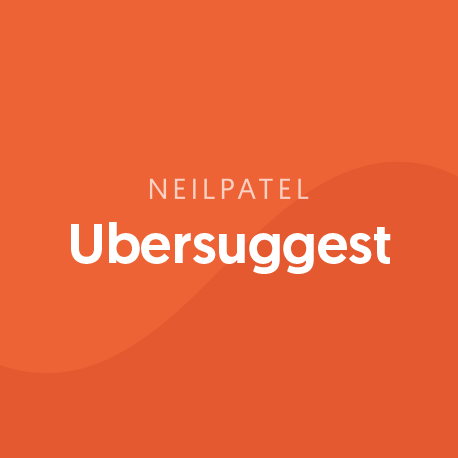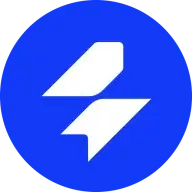AI is transforming the workforce at lightning speed and it’s not slowing down. From automating admin tasks to generating content, artificial intelligence is changing how we work, hire, and grow. But it’s not here to replace us. It’s here to challenge us to evolve.
So the real question isn’t will AI take my job? It’s: how do I stay irreplaceable?
In my work as a career psychologist and human capital leader, I help people future-proof their careers by focusing on what machines can’t replicate: behavior, insight, creativity, and emotional intelligence.
Here’s five ways you can do the same through deeper reflection, smarter strategies, and practical steps.
1. Double Down on Human Skills
AI excels at rules-based thinking and repetitive tasks, but it struggles with context, ambiguity, and emotion. This is where humans shine. Skills like empathy, collaboration, storytelling, and critical thinking are the linchpins of future-ready careers.
Executives, hiring managers, and founders consistently say they’re looking for people who can influence without authority, adapt under pressure, and navigate interpersonal complexity. These are human skills, and they’re increasingly rare.
Tactic: Start by running a personal soft skills audit. Identify how you’ve demonstrated empathy, adaptability, or leadership in your past roles. Ask your peers for honest feedback about how you show up in group settings. Then, translate those into value statements on your resume and LinkedIn.
Take it further by integrating tools like 16Personalities or Gallup StrengthsFinder to anchor your development. Treat soft skills like any technical skill — with focused effort and deliberate practice.
2. Embrace Lifelong Learning
The “learn once, work forever” model is obsolete. In the AI economy, continuous learning is your greatest insurance policy. The shelf life of a skill today is estimated to be 2–5 years. That means even if you're at the top of your game today, irrelevance could be around the corner.
But don’t think of learning only in terms of certifications or formal education. Microlearning (bite-sized, skill-based modules) can be more effective and accessible.
Tactic: Create a learning calendar. Each quarter, pick one emerging skill that complements your current role or expands your adaptability. It might be data visualization, UX writing, prompt engineering, or digital leadership.
Use platforms like Coursera, LinkedIn Learning, or General Assembly and build 20 minutes of learning into your weekly routine. Invest in learning agility, not just hard skills.
3. Get Comfortable with AI
AI is not just a tech trend; it’s becoming foundational across industries. You don’t need to code or understand machine learning theory, but you do need to know how AI tools are reshaping your domain.
For example, marketers are using AI to personalize campaigns at scale. Recruiters are using it to scan resumes. Consultants are leveraging AI for market research and proposal drafts. Understanding these changes allows you to lead, not lag.
Tactic: Pick one AI tool and integrate it into your work this month. Use ChatGPT to brainstorm content or write first drafts, Notion AI to summarize meeting notes, or GrammarlyGO to elevate your writing. Then, reflect on what it frees you up to do more of: strategic thinking, human connection, or creativity.
This is the shift: AI shouldn’t replace your work. It should enhance your impact.
4. Build a Personal Brand That Reflects Adaptability
Your online presence is now a live portfolio; not just of what you’ve done, but how you think. In a competitive market, showing that you’re growth-minded, curious, and engaged in industry trends sets you apart.
Tactic: Audit your LinkedIn. Is your headline future-facing? Does your summary tell a story that includes reinvention, learning, or leadership during change?
Post about lessons you’ve learned, books you're reading, or how you're experimenting with new tools. Share articles and comment meaningfully to signal thought leadership.
Pro tip: Consider publishing a short article once a month. It can focus on something that ties your experience to a broader trend. This builds credibility and attracts opportunities aligned with where you're headed.
5. Focus on Purpose, Not Just Productivity
AI is redefining what productivity looks like. But fulfillment? That’s still deeply human. In a noisy market, the people who stay energized and focused are those anchored in purpose.
A clear sense of purpose also makes you more resilient to career shocks. When you know why you do what you do, you're more adaptable, more compelling in interviews, and more aligned with the right opportunities.
Tactic: Revisit your personal mission. Reflect on these questions:
- What type of problems do I love solving?
- What energizes me about work?
- Who do I love helping?
Use these answers to reshape your career goals and identify roles that align with your values, not just your skills.
Bonus Tip: Diversify Your Income Streams
The age of “one job for life” is over. Building career resilience often means building multiple income streams. These side projects also sharpen your entrepreneurial mindset and keep your skills fresh.
Tactic: Start by identifying a skill or area of interest you can monetize. Are you great at writing, mentoring, or teaching? Try launching a course on Maven, writing a paid newsletter on Substack, or consulting through Fiverr.
Start small. A single client or one piece of content per week. Over time, these mini-careers can create new paths you never considered before.
Your Career Isn’t Static, It’s a System
In the face of AI, the safest move isn’t to resist change; it’s to become the kind of person who thrives in it. That means embracing the unknown, evolving with technology, and staying deeply rooted in your purpose and potential.
You don’t need to outrun AI. You need to out-human it.
Because in a world of algorithms and automation, your most powerful asset will always be your ability to think, feel, connect, and lead.











